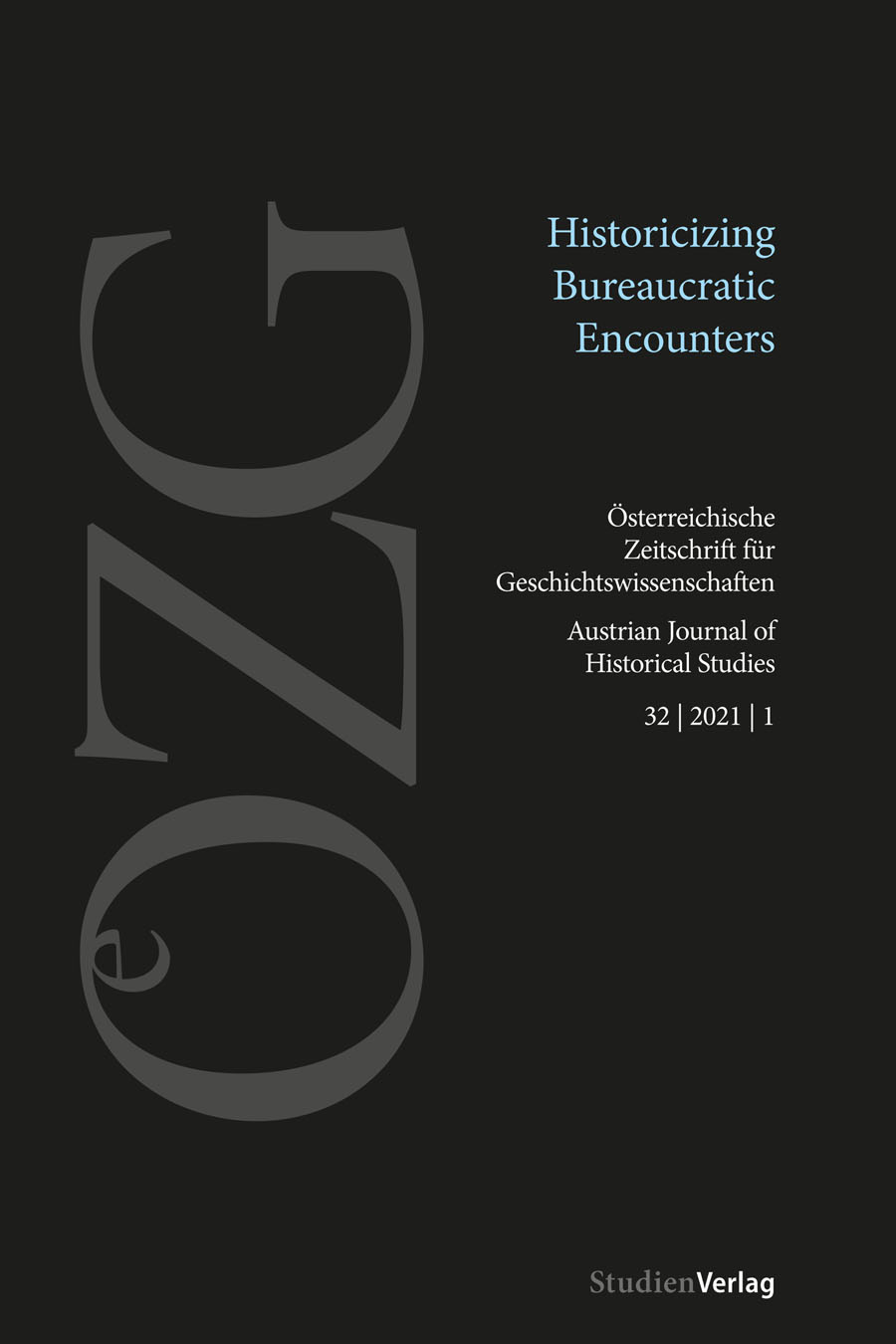Collegial Decision-Making as the Foundation of Local Administration Reform on the Eve of Congress Poland Establishment
DOI:
https://doi.org/10.25365/oezg-2021-32-1-5Keywords:
collegial decision-making, one-man management, local administration, Congress Kingdom of Poland, Duchy of Warsaw, Napoleonic model of administration, bureaucracy, Polish republicanismAbstract
This article examines the reasons for the popularity of collegial decision-making in early nineteenth century Poland. Was it driven by the force of habit and the attachment to tradition, or were practical reasons more important? Was the popularity of collegiality connected to a deeply felt lack of control over the activities of the administration, particularly the local administration? The contribution focuses on the process of rebuilding the administration based on the one-man management principle imposed on Poles by Napoleon at the time of establishment of the Duchy of Warsaw. Particular emphasis is placed on the period between 1814 and 1815, that is during the operation of the so-called Civil Reform Committee, appointed following Napoleon’s demise in connection with Tsar Alexander I’s plans to transform the Duchy into the Kingdom of Poland.
Downloads
Published
How to Cite
Issue
Section
License
Copyright (c) 2021 Michał Gałędek

This work is licensed under a Creative Commons Attribution 4.0 International License.


